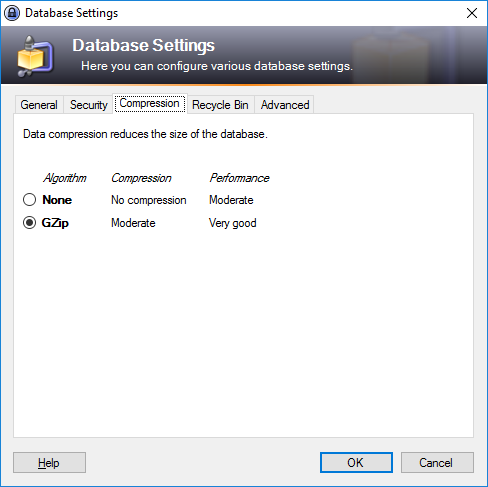This webapp is a browser and desktop password manager compatible with KeePass databases. It doesn't require any server or additional resources. The app can run either in browser, or as a desktop app.
Apps: Web, Desktop
Timeline: Release Notes, TODO
On one page: Features, FAQ
Website: keeweb.info
Twitter: kee_web
Donate: OpenCollective, GitHub
The app is quite stable now. Basic stuff, as well as more advanced operations, should be rather reliable.
Looking for a new maintainer, see #2022
Everything you need to host this app on your server is any static file server. The app is a single HTML file + a service worker (optionally; for offline access). You can download the latest distribution files from gh-pages branch.
If you are using Docker:
- put your dh.pem, cert.pem, key.pem to /etc/nginx/external/
- run this script:
docker run --name keeweb -d -p 443:443 -p 80:80 -v $EXT_DIR:/etc/nginx/external/ antelle/keewebTo make Dropbox work in your self-hosted app, go to this Wiki page.
The easiest way to clone all KeeWeb repos is:
curl https://raw.githubusercontent.com/keeweb/keeweb/develop/dev-env.sh | bash -The app can be built with grunt: grunt (html files will be in dist/).
Desktop apps are built with grunt desktop. This requires some magic and currently works only on CI,
you can find more details in the GitHub Actions workflow.
To run the desktop (electron) app without building an installer, build the app with grunt and start it this way:
npm run dev
npm run electronFor debug build:
- run
npm run dev - open
http://localhost:8085
To build desktop apps, use these goals, the result can be found in tmp:
npm run dev-desktop-macos
npm run dev-desktop-windows
npm run dev-desktop-linux
Please read contribution guidelines for pull requests.
Here's a list of issues where your help would be very welcome.
Also you can help by translating KeeWeb to your language.
Other ways of contribution can be found on this page.
- please branch from
develop, notmaster - don't edit translation files except base.json, they will be replaced
KeeWeb is not free to develop. It takes time, requires paid code signing certificates and domains.
You can help the project or say "thank you" with this button:
You can also sponsor the developer directly on GitHub.
Please note: donation does not imply any type of service contract.
Notable contributions to KeeWeb:
- Florian Reuschel (@Loilo): German translation
- Dennis Ploeger (@dploeger): auto-type improvements
- Hackmanit (hackmanit.de): penetration test
- Peter Bittner (@bittner): Wikipedia article



